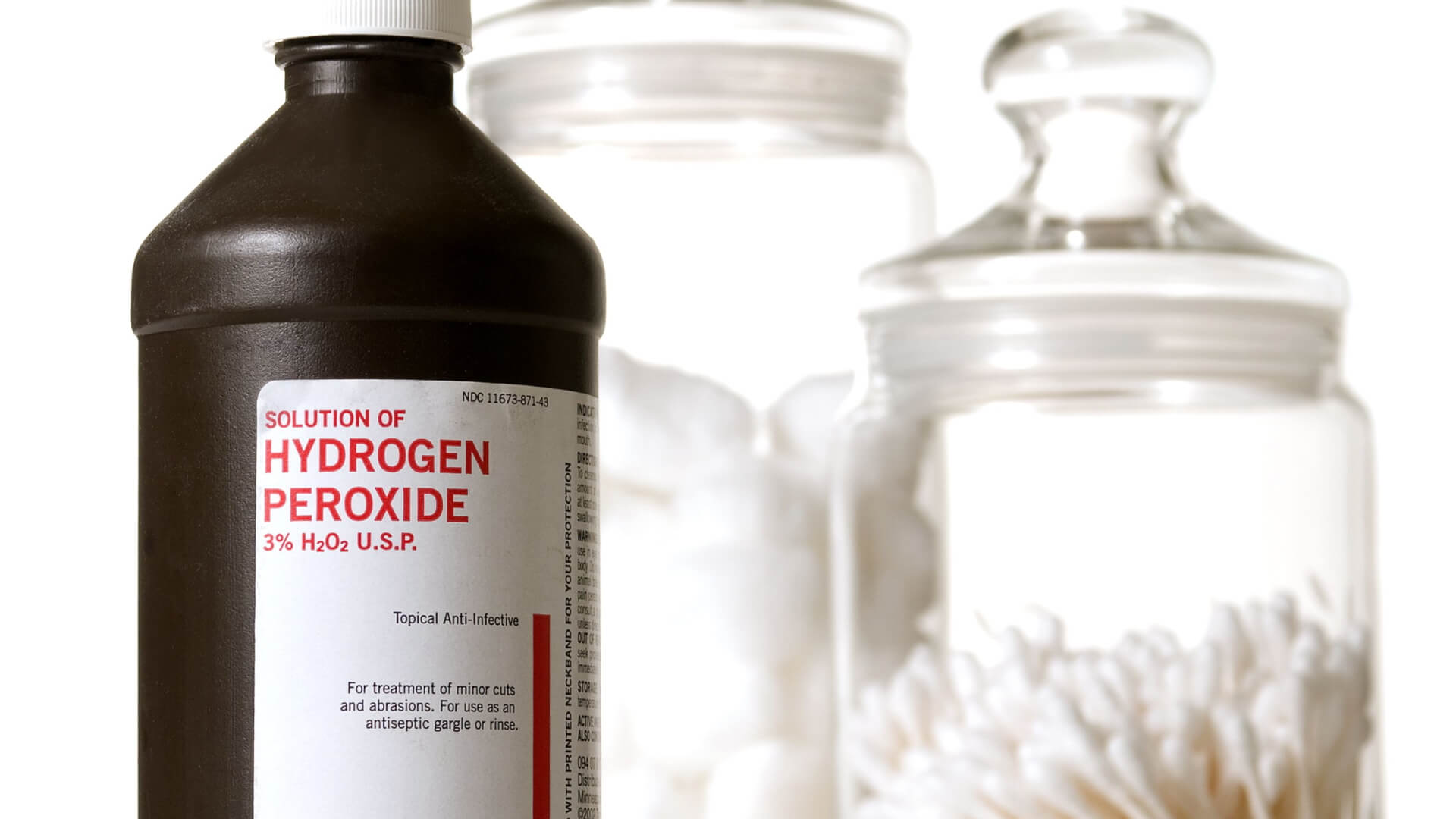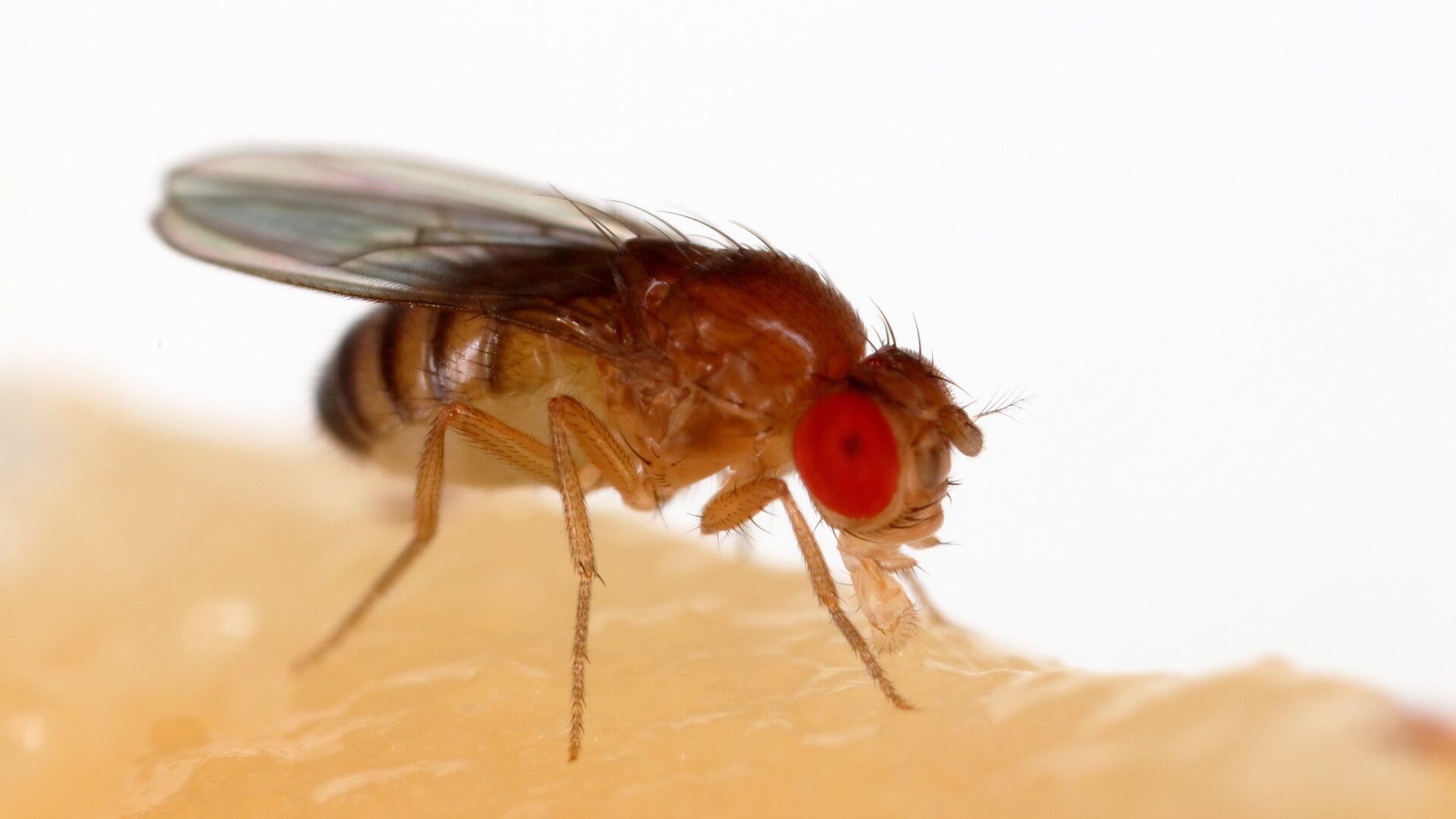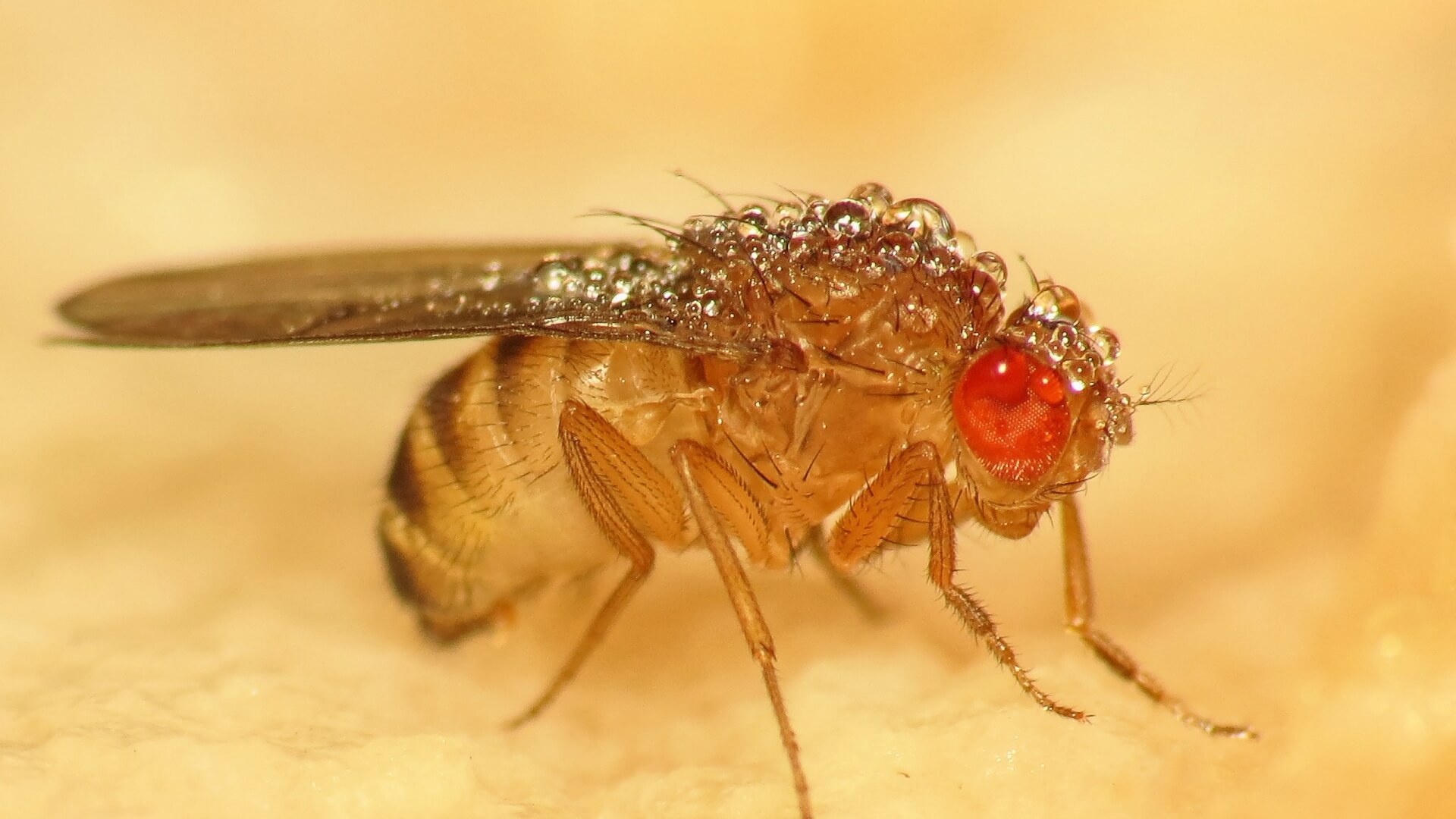You are enjoying your home sweet home when suddenly a swarm of flies rush into the house. An unpleasantness that quickly turns into a huge nuisance when you know that these little bugs feed on unpalatable raw materials. Fruit flies, in addition to being annoying, are also vectors of many bacteria that can contaminate our homes, and especially our food. In summer, due the heat, their proliferation accelerates. A single female fly can lay a few hundred eggs during her short life, and that’s enough to cause you problems for many generations of fruit flies.
First reflex: take out your anti-insect spray and exterminate them without any hesitation. Bad idea! When you know that these toxic products are harmful to humans, plants, the environment and your animals. Alternative solutions exist. Insecticides are often very harsh and can pollute the air in our homes, posing a risk to our health. So how can we get rid of flies without using such high-grade chemicals and products? In this article, we’ll discuss using hydrogen peroxide to take care of your fruit fly problem.
Is Hydrogen Peroxide Effective in Eradicating Fruit Flies and Their Eggs?
In addition to its antiseptic and aesthetic properties, hydrogen peroxide (H2O2) is also a great ally in the garden, kitchen, and overall home. Whether it is to keep insects away, to accelerate seed germination, or to get rid of your stains, this product has all the right properties.
Does hydrogen peroxide help get rid of fruit fly eggs and larvae?
Tiny eggs, wriggling larvae and pupae, buzzing adults. Fruit flies are no match for hydrogen peroxide, no matter how developed. This is an advantage, as you can use the same product to tackle your fruit fly problem in every spot, and at every stage of their lives.
Is it safe to use hydrogen peroxide?
At low concentrations, and if the necessary precautions are taken, hydrogen peroxide is virtually harmless, and much less dangerous to your health than most commercial insecticides are. Unlike other chemical substances, hydrogen peroxide does not produce residues or gases. The safety of its application depends on the concentration involved, because hydrogen peroxide is completely soluble in water. In low concentrations, there is no need to worry about its corrosiveness when it comes to your pipes.
This image shows a finger burn caused by hydogen peroxide. Always be sure to use low concentrations and take the necessary precautions when working with this material.

What precautions should I take before using hydrogen peroxide?
Take great care in preparation, handling, use and storage. Hydrogen peroxide should be stored away from other chemicals, especially any flammable products. Keep away from the reach of your kids and pets.
Exposure to hydrogen peroxide can occur through inhalation vapors, ingestion or contact with skin or eyes. Hydrogen peroxide can irritate the eyes, skin and mucous membranes. Exposure of the eyes to a concentration greater than or equal to 5% may cause permanent eye damage. When handling, protect your skin and eyes by wearing gloves, glasses and long clothing. Keep your face away from the mixture.
When preparing, applying and storing hydrogen peroxide at home, use homemade pesticide instruments (containers, sprays, etc.) reserved solely for this purpose. Do not use them again for culinary or aesthetic purposes.
How do I prepare my homemade insecticide using hydrogen peroxide?
In a plastic spray bottle reserved for this purpose, mix 1 part hydrogen peroxide (25% of the solution) with 3 parts water (75% of the solution). The concentration of the hydrogen peroxide must be at least 3% to be effective. Gently shake the spray bottle to mix the contents of the solution, and make sure the bottle is closed tightly. Once thoroughly agitated, spray your homemade insecticide near the problematic areas. This could be inside your drains, on your kitchen counter, on the leaves of your houseplant, or just in the air. The fruit flies, at all stages of their development, from egg to adult, will die almost immediately upon contact with the solution.
If you’re dealing with a fruit fly infestation in your bathroom or kitchen drains specifically, add a bit of hydrogen peroxide to boiling water and pour it down the drain. The boiling water will help loosen the gunk and grime the fruit flies feed on, and the hydrogen peroxide will kill the eggs and larvae upon contact, as well as any bacteria the fruit flies feed on.
Repeat for as long as you are dealing with fruit flies around your house. Make sure you’ve identified all problematic areas, as fruit fly eggs are very hard to spot.
Are There Other Natural Pest Prevention and Control Methods for Fruit Flies?
As the saying goes, prevention is better than cure. So, before we get to the heart of the matter, we look at prevention. First, if you are regularly confronted with the problem of flies and gnats, you will need to invest in mosquito nets, especially for windows.
- Related: How to Catch Fruit Flies?
Second, maintain proper hygiene. Wipe your counters, seal your garbage bins, clean your drains. Scrub them with a sponge and a good cleaning product that will remove any debris they might feed on.
- Related: How to Make a Fruit Fly Trap?
Bleach, boiling water, and homemade traps like the one with apple cider vinegar mentioned in previous articles are also effective to varying degrees, when it comes to killing fruit flies and their eggs and larvae.
How long would it take to get rid of all the fruit flies in your house using hydrogen peroxide?
Fruit flies can live up to 3 weeks. So, you will have to keep killing the ones that have already hatched. Eggs may hatch every 48 hours. So, the sooner you start killing the flies, the sooner you will stop a new generation of flies.
Click here to buy the Green Gobbler Fruit Fly Killer on Amazon, only for $29.99!




I tried Hydrogen Peroxide a few days back as fruit flies invaded my kitchen and it really worked great. It’s just you have to take precautions before using this. I appreciate your efforts!